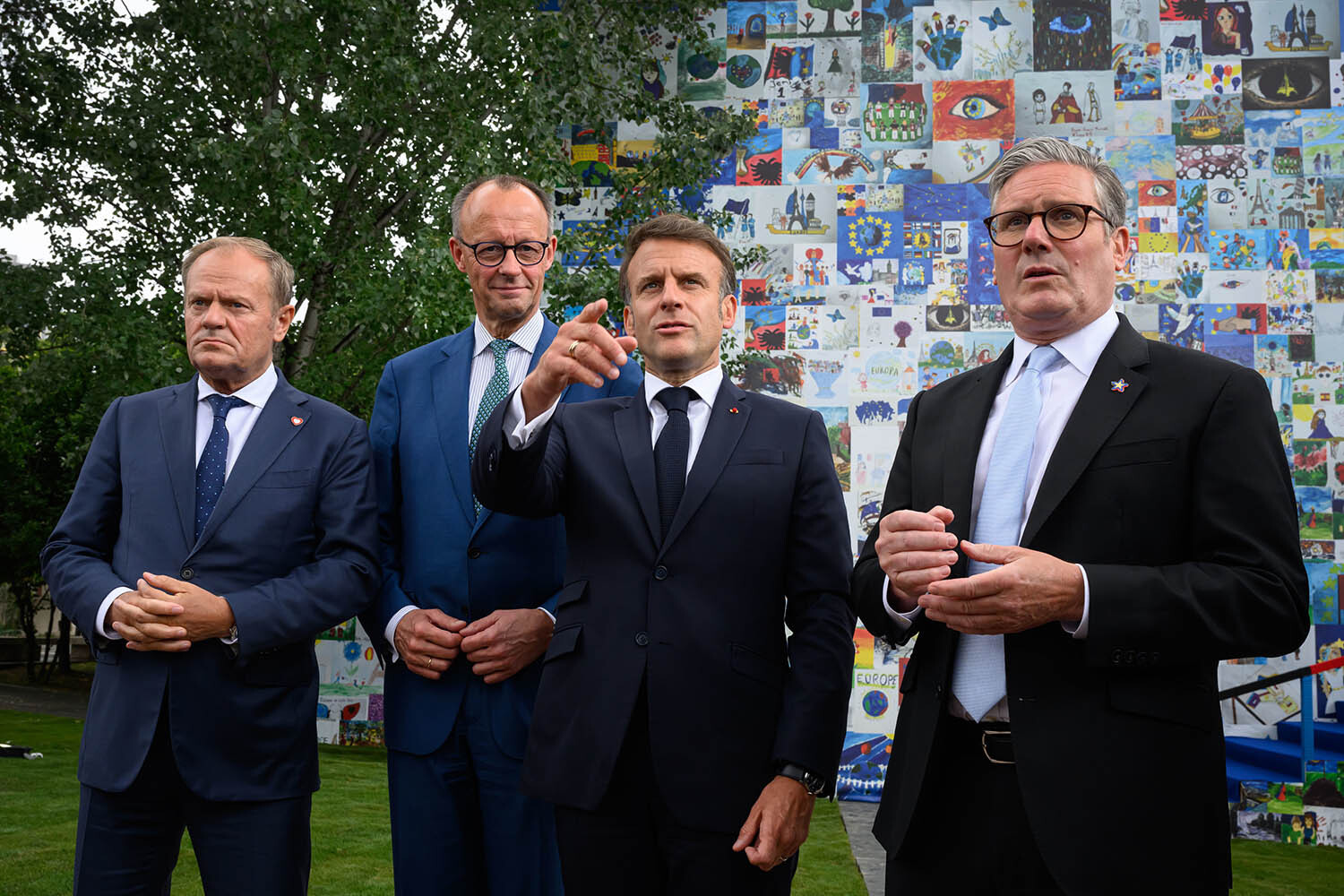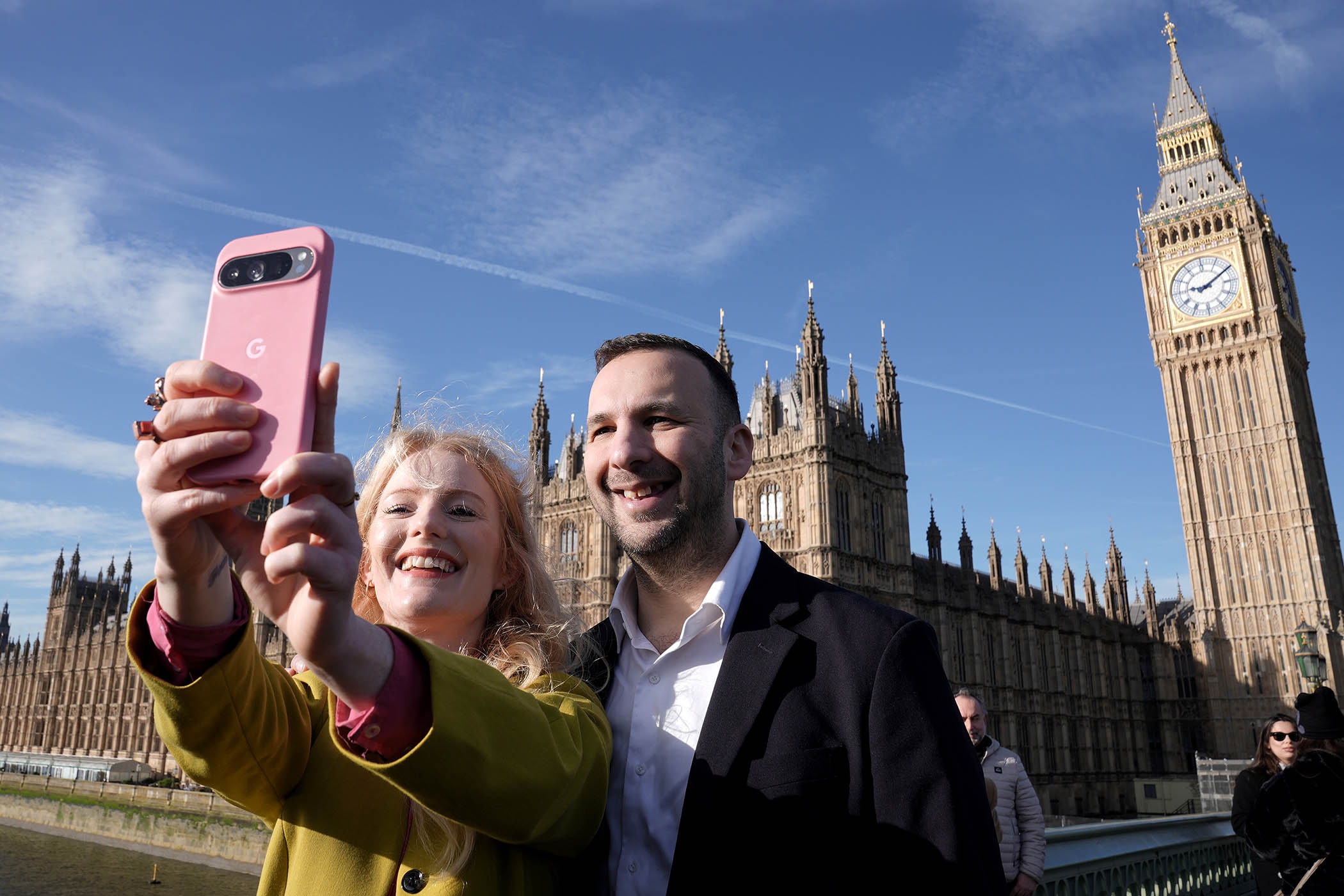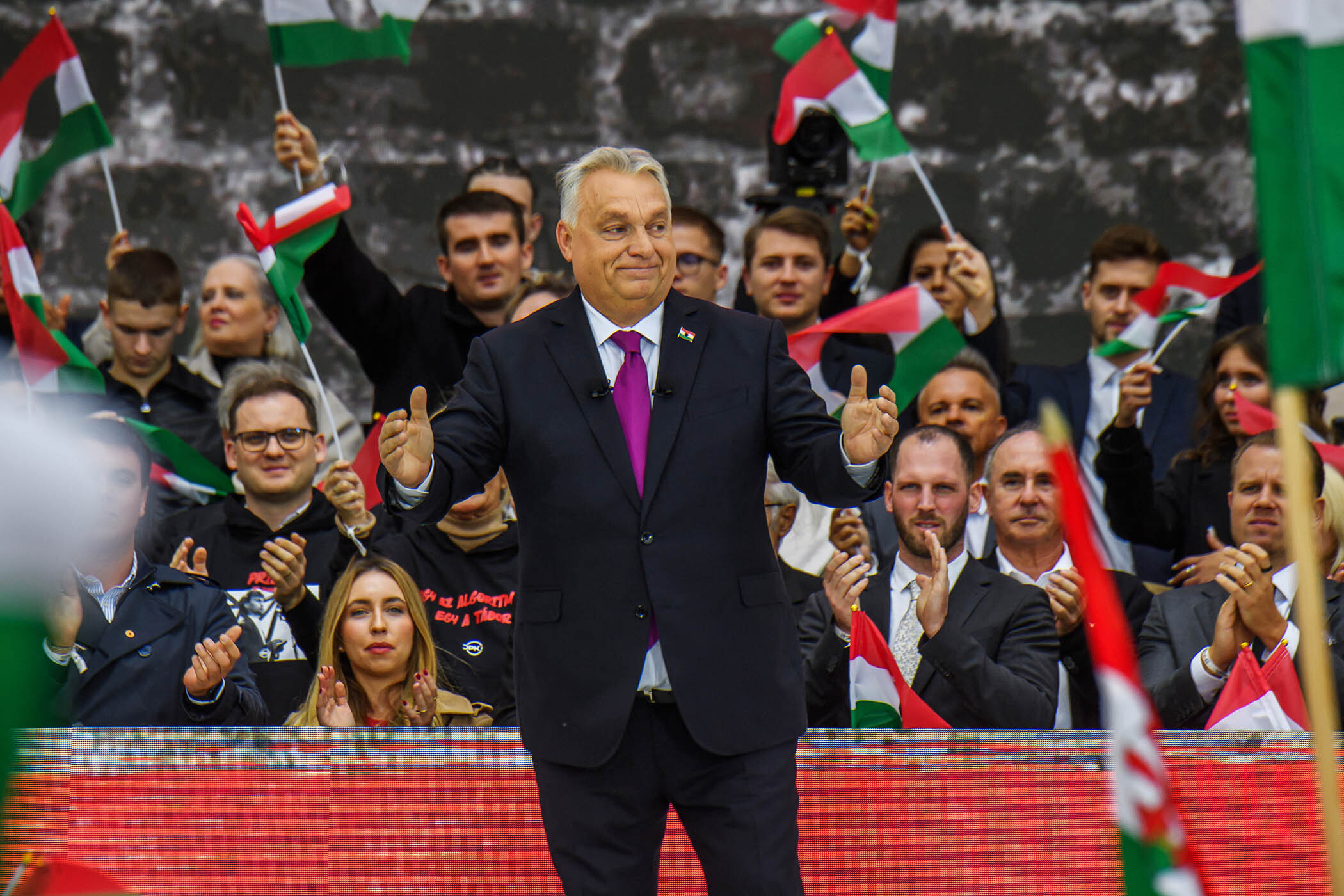Welcome to the Sensemaker, our daily newsletter. It features calm and clear analysis on the stories driving the news across tech, politics, finance, culture and more. The Sensemaker will appear here every morning, but to receive it in your email inbox, sign up on our newsletters page.
The EU summit is finally upon us. Today Keir Starmer welcomes European Commission president Ursula von der Leyen and others to London for the first formal EU-UK gathering since Brexit in the hope of unlocking a long-awaited reset.
So what? There are hopes of a fundamental mood change after 10 years of acrimony and five of self-inflicted damage to the UK economy. British passport holders may even be allowed to skip long queues at EU airports. But expectations are being carefully managed. Progress has been made in some areas, crucially from the UK side on youth mobility, but in others it has stalled or gone backwards. Blame, in part, the two Fs.
•
Farage: Labour is preoccupied with how any agreement will play out with its ‘hero’ voters, and Reform UK leader Nigel Farage has told the Telegraph he will explicitly run at the next election on a ticket to overturn what he branded the “slippery slope to rejoin”.
•
France: Often the trickiest of member states in EU-UK negotiations, the UK’s closest neighbour has thrown more than its fair share of grenades in pre-summit talks. This time Paris demands that any defence and security pact be linked with a deal on fisheries.
They share a resistance to any deal being done on defence, although for different reasons. Farage told the Telegraph he sees it as “the big next step towards a European army,” while The Observer understands Emmanuel Macron is reluctant to give away France’s dominant role in joint European defence procurement.
That said. Against the backdrop of Russia’s war on Ukraine and hybrid aggressions across Europe, the defence pact is the most likely to be agreed.
Trickier. “Live issues” on the eve of the summit (translation: unresolved but with undertakings on both sides to resolve them) include
•
the youth mobility scheme;
•
a sanitary and phytosanitary (SPS) deal to eliminate checks on food and drink being exported to the EU and entering Northern Ireland from Great Britain;
•
access to UK fisheries: and
•
a deal on carbon emissions.
Magic number. Starmer has made things harder for himself, partly because the spectre of Reform looms so large in Labour’s collective psyche. Fresh from agreeing trade deals with India and the US, ministers were hoping to conclude their run with the third – and most important – being wrapped up ahead of today.
No dice. Instead the government was left putting out fires after Starmer’s ill-judged “islands of strangers” speech, and after an empty-handed departure from Albania about which briefings of an imminent “returns hub” agreement proved premature. The insertion of a so-called ‘immigration week’ between trade week and summit week is widely acknowledged to have been a grid failure. “It was a fuck-up,” one Whitehall source sighs.
The two Ws. In an effort to defuse reports that talks got tense before the summit (by all accounts, they did, although the degree to which this was performative is up for debate), UK briefings made much of the relationship between the two main negotiators – European relations minister Nick Thomas-Symonds and the EU’s Maroš Šefčovič. They speak to each other more than their own wives, it is said, and have bonded over their native tipples: Slovakian red wine and Welsh whisky. Personal relationships are important, of course, but no one doubts that the real test is whether any deal will pass muster with voters back home.
Bills, bills, bills. Which is why Labour has fixated on a new formulation: jobs, borders and bills. The final two are most important and most difficult. They are also the hardest to shift opinion on, regardless of success.
Newsletters
Choose the newsletters you want to receive
View more
For information about how The Observer protects your data, read our Privacy Policy
What’s more… Agreements in principle might be heralded as a significant step forward, but there will be a thousand more before the final destination.
Photograph Leon Neal/PA



